Policy LINK’s predecessor program Africa Lead II (2015-2019) began support to USAID South Sudan in 2018 to help the Partnership for Recovery and Resilience (PfRR) build strong systems of collaboration, learning, and communication. This set the stage for a journey toward sustained collective impact amongst the members: development partners, United Nations entities, International Non-Governmental Organizations (INGOs), Local Non-Governmental Organizations (LNGOs), and state and local actors. One of the main principles of PfRR- and which speaks directly to Policy LINK’s core purpose- is that, in working together,
partners can be more effective and have greater impact on the ground households and communities than when they work in isolation.Policy LINK thus facilitates joint work planning on recovery and resilience through coordination, collaboration, colocation, and commitment that targets four Partnership Areas in South Sudan: Yambio, Torit, Aweil, and Wau. This role is critical considering PfRR’s agenda of integrating humanitarian aid and development assistance to serve as a joint and mutually reinforcing resilience front in order to ensure vulnerabilities are reduced while at the same time enhancing the coping capacities of the communities (i.e. their resilience).
This case study captures learning from the first two years of the PfRR and provides observations, lessons learned, and conclusions of the PfRR’s efforts to create an inclusive collective impact model for resilience programming. The PfRR brings together 14 donors, 17 United Nations (UN) agencies, and 98 national nongovernmental organizations (NGOs) in a systematic, inclusive attempt—one that is still largely aspirational—to empower international and local communities to establish and implement recovery and resilience activities that will strengthen their abilities to prepare for, withstand, and even thrive in the face of shocks and stresses.
The objectives of this case study were to:
To address the case study objectives, Africa Lead captured the knowledge gained by progress to-date to establish the methodological framework (implemented as eight building blocks) in the four PAs, and supplement that knowledge with feedback on PfRR structures, processes, tools, and products through an extensive listening tour with internal stakeholders from October to December 2019. In so doing, the team gathered through additional first-hand accounts insights into the effectiveness of, and how to strengthen, the eight building blocks. Finally, the listening tour provided an organized process to elicit feedback on PfRR structures, processes, tools, and products to insights to how they might be improved to strengthen decisions by internal stakeholders.
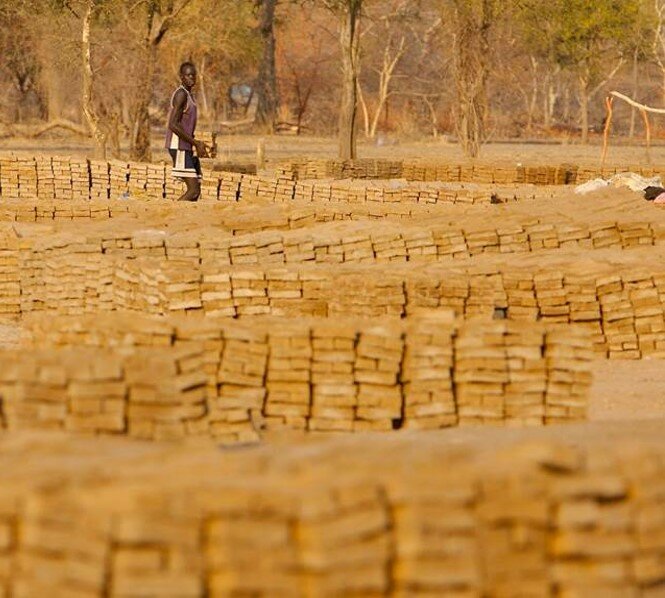

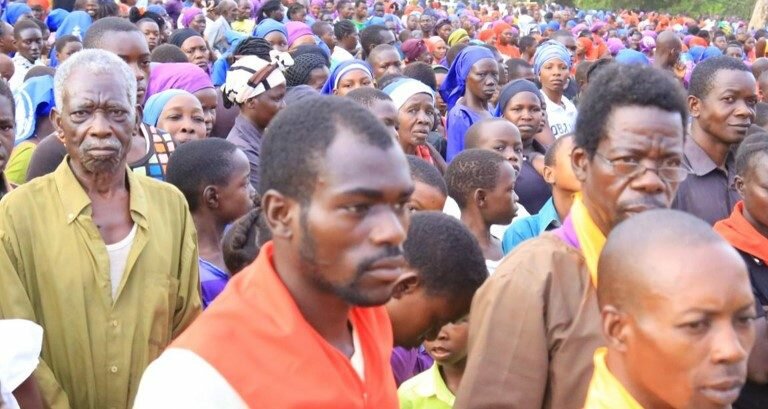
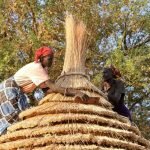
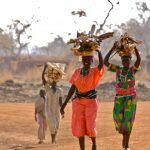
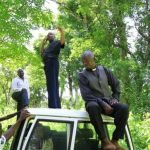
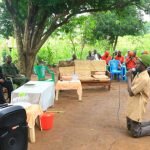
From the two years of experience of the PfRR in South Sudan, we have learned that determining priorities “in-house” within international and local communities is a key first step for these two communities to then engage in meaningful dialogue around their collaboration. Our learning related to facilitating this process of coordination and multi-stakeholder collaboration can be summed up in the following three slogans:


